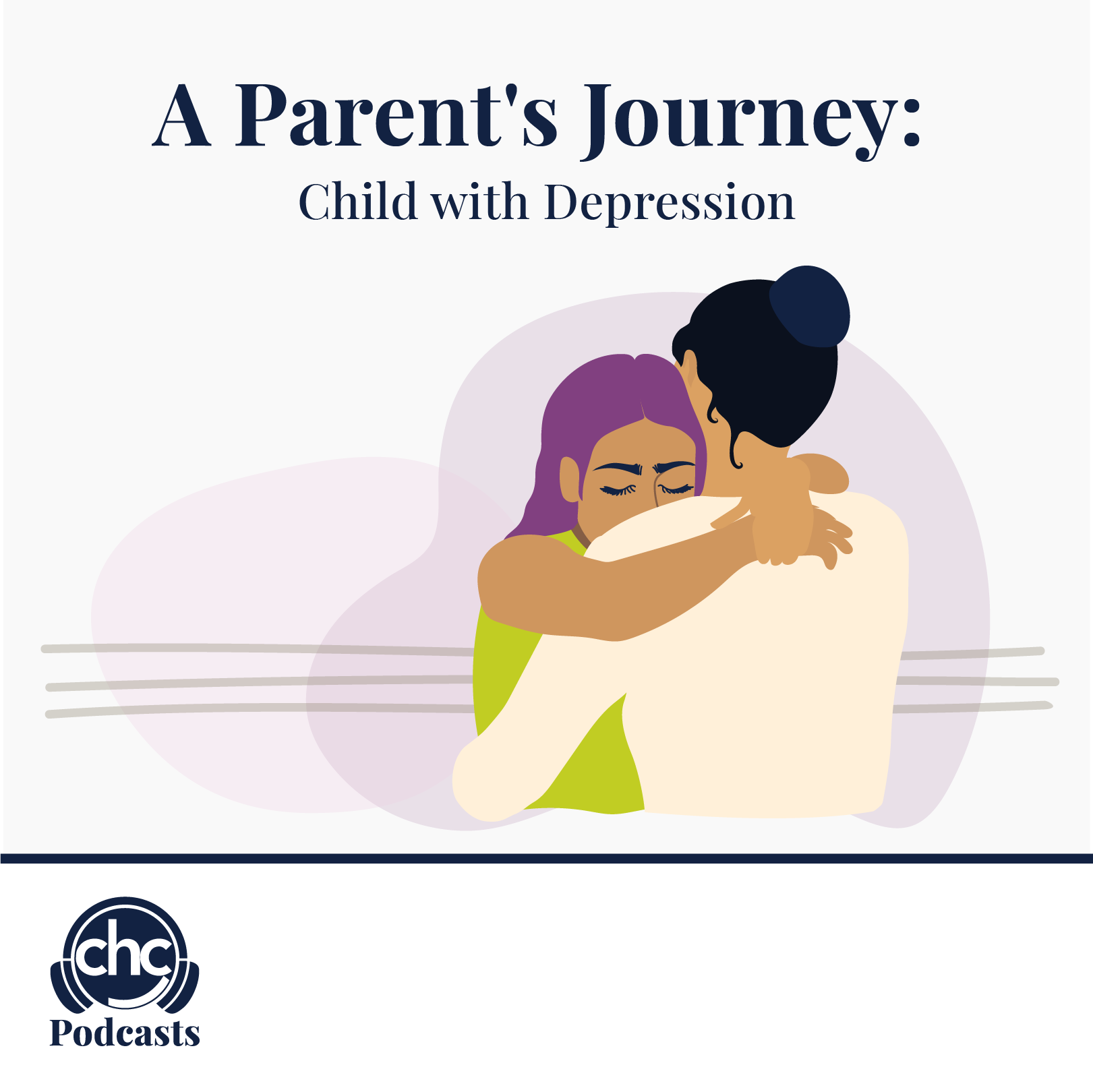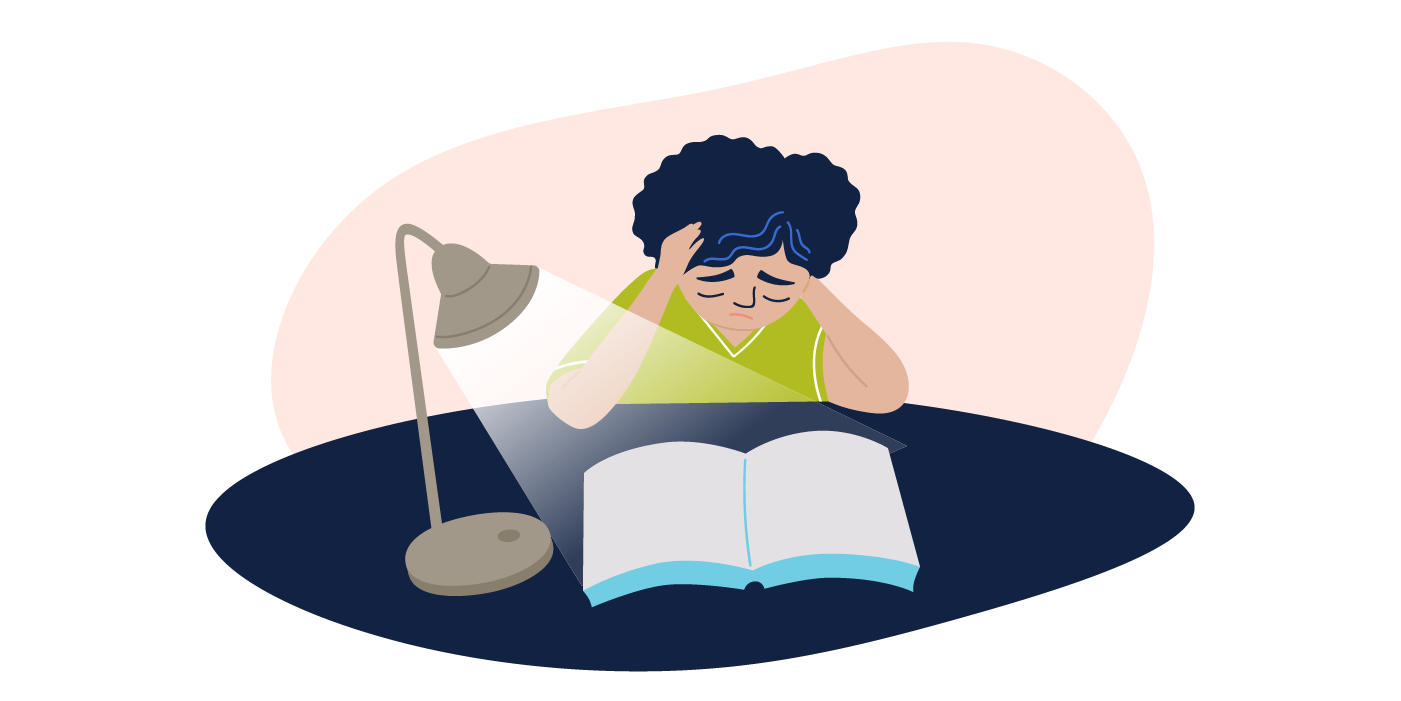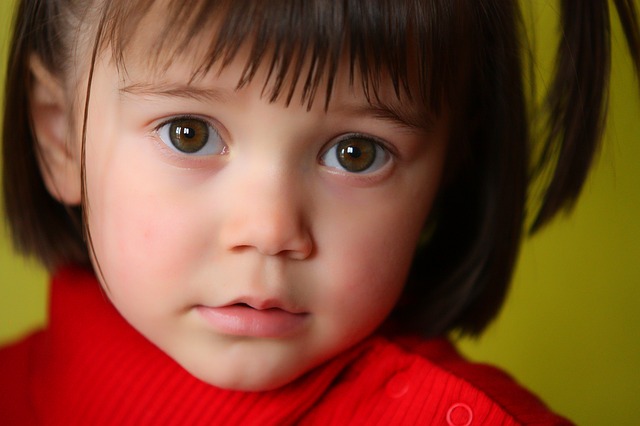Helping Your Child Deal with Traumatic Events
 The world watched in horror as images of the devastation that occurred in Japan on March 11, 2011, filled our television screens. Buildings crumbled, smoke filled the air and people’s lives were swept away in an instant. As tsunami warnings were issued across the Bay Area and news of danger from radioactivity emerged, fears mounted that our community too could be in danger.
The world watched in horror as images of the devastation that occurred in Japan on March 11, 2011, filled our television screens. Buildings crumbled, smoke filled the air and people’s lives were swept away in an instant. As tsunami warnings were issued across the Bay Area and news of danger from radioactivity emerged, fears mounted that our community too could be in danger.
How are your children affected by stressful or traumatic events? What can you do to minimize their fears? How can you help a child who has experienced a traumatic event?
Stress is experienced on a continuum. Trauma, an extreme form of stress, is defined as witnessing or experiencing death, threatened death or serious injury to oneself or a loved one.* This experience combined with an overwhelming sense of helplessness and loss of control is what makes an experience truly traumatic. Many who have not lost a loved one in Japan may still be experiencing a heightened state of anxiety as we grapple with the reality that life is uncertain. All the while, our little ones pick up on our stress, hear our conversations and perhaps see the images of devastation on the television screen. They may begin to worry that something bad is going to happen to them or to their family.
For events like the tragedy in Japan, be mindful of what your young/school age child sees and hears. Save your concerns for the adults in your life and for when your children are out of earshot. Also, minimize their exposure to television images. If they become concerned about what they see or hear, ask them to share their feelings, answer their questions honestly and let them know what you are doing to make sure your family is safe. One way to help children feel safe is to come up with a house safety plan and designate a location where family members can go in an emergency. You can also talk about what structures are in place to help them be safe (i.e., smoke detectors, locks on doors, alarm system, police and fire departments).
Adults and children experience trauma for a variety of reasons. Trauma can result from a car accident, the loss of a loved one or experiences that we inflict on each other such as witnessing intense arguments, violence or physical, sexual, or verbal abuse. These kinds of experiences can be particularly devastating because someone who a person knows, loves and trusts has done something or had something happen unexpected and scary. This is particularly traumatic for children, who are dependent on others to take care of them. If they can’t trust the people to whom they are closest, who can they trust?
Warning Signs
Regardless of the type of trauma there are warning signs to watch for. Children may react to these extraordinary stressors by avoiding any reminder of the scary event. For example, after a car accident, your child may refuse to get into the car. Children may appear withdrawn and emotionally numb. They may not want to do the things they once enjoyed before the event. That smile that you love to see may have disappeared. Often, children’s thoughts are consumed by what they experienced after a traumatic event.
Observe their play; it may include scenes from their trauma. For example, children who witness violence at home may suddenly have their dolls fighting each other in a more intense way than before. At night, their thoughts can often be consumed by the trauma in the form of nightmares. They may have difficulty falling and staying asleep. Children who experience trauma may suddenly seem as if they are always on high alert. They may jump at any sound and appear to be visually searching for potential threats.
Keep in mind that these symptoms will vary depending on several factors, including age and gender. Boys may be more likely to act out whereas girls may seem more withdrawn. Younger children may seem to suddenly act even younger, losing skills previously attained. They may start wetting the bed at night or suddenly refuse to leave a parent’s side. Older children may seem preoccupied with the event, and teachers may express new concerns about performance and focus in the classroom.
In addition to these distressing reactions, if children do not know why they are experiencing these symptoms, they may fear that they have suddenly gone crazy. Because they may blame themselves or want to protect loved ones, they may remain silent and not get the help that they need.
Despite a common tendency to cover up traumatic events or brush them aside, the best thing you can do for your child is to address the impact of trauma directly. Notice your impulse to minimize the effects of a traumatic event with reactions like, “We’ll find a way to move on,” “She’s young; she’ll bounce back and won’t remember.” Be aware that the way you are experiencing an event may be different from the way your child is experiencing it. Here are some ideas for talking to your child:
Open up a dialogue
- Acknowledge what has happened and its possible impact: “A scary thing happened to you. Sometimes after scary things happen, people feel different inside.”
- Ask about your child’s experience: “Tell me about how you’re feeling.” Younger children may only be able to describe their physical symptoms, e.g., a tummy ache.
- Avoid trying to fix the problem and instead acknowledge your child’s feelings: “Of course, you’re worried.”
- Encourage more dialogue: “What else is bothering you?”
- Do your best to relieve your child of self-blame: “It’s not your fault.”
- Offer an open door policy to be available for more discussion: “If you feel scared or you’re thinking about it, talk to me (or Grandma or ____).”
- Provide safety: “From now on we are going to help you feel safe by _______.”
- Offer a community of support: “There are lots of adults that you can talk to-your teacher, your coach, your aunt, or a therapist.”
If a couple of weeks pass and your child continues to show signs of distress (nightmares, sleeplessness, excessive worry, withdrawing, disinterest in things he used to enjoy), he may need more support than a loved one can provide. Contact a therapist experienced in working with children impacted by trauma. Well researched forms of therapy for trauma include Parent-Child Interaction Therapy (PCIT), Child Parent Psychotherapy and Trauma Focused Cognitive Behavioral Therapy.
Children are resilient, and with the right support they are capable of moving past traumatic events. With the right kind of attention, children and families can effectively manage the impact of a traumatic event to move forward and thrive.
* Source: Diagnostic and Statistical Manual of Mental Disorders-4th Edition
If you have concerns about your child or teen, CHC Care Coordinators can arrange a free 30-minute consultation so you can explore options with an expert. We invite you to call or email us at 650.688.3625 or careteam@chconline.org to set up an initial Parent Consultation appointment. CHC teletherapy services are available now.





